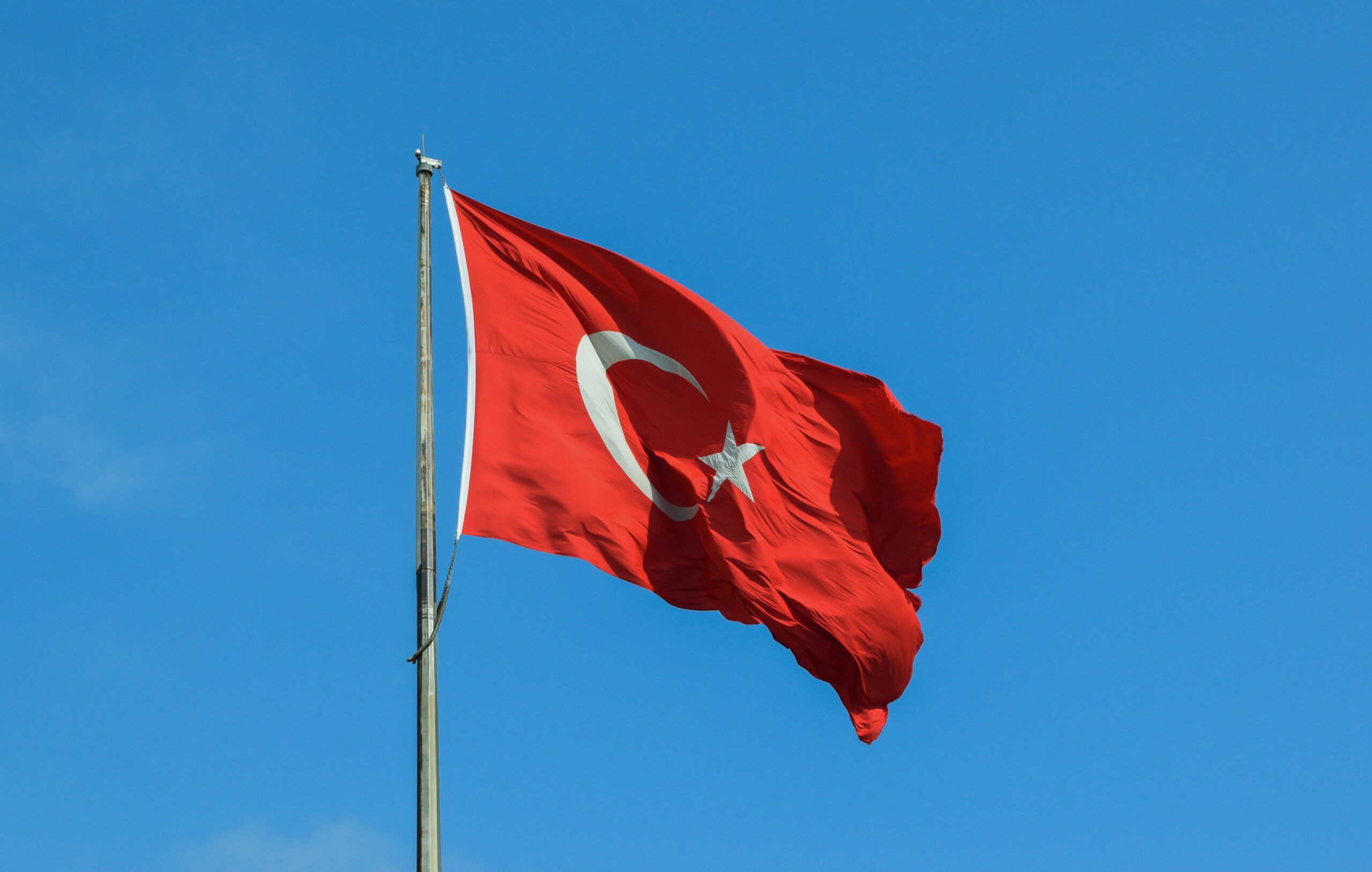Sweden must respect human rights in connection with deportations to Turkey

Civil Rights Defenders is concerned about the current deportations from Sweden to Turkey and the risk that these are violating international law. Civil Rights Defenders urges the Swedish government, the Migration Agency, courts and prosecutors to ensure that Sweden lives up to international human rights commitments in its handling of cases that may lead to deportations to Turkey.
Sweden has an obligation under the principle of non-refoulement not to bring any person to a country where the person risks torture or inhumane or degrading treatment or punishment. This also applies to people who have not been granted protection status by Sweden. Sweden is regularly criticised by the European Court of Human Rights and the UN for acting in violation of the principle of non-refoulement. In the well-known case of the Egyptians Ahmed Agiza and Mohammed Alzery, which Civil Rights Defenders engaged in during the mid-2000s, the government at the time received sharp criticism by both the UN and Swedish authorities for their extradition to Egypt. This despite the fact that the government received diplomatic assurances from Egypt that the two would not be subjected to torture or inhumane treatment. In connection with the Tidö Agreement, the government has stated that it wants to expand the possibility of considering diplomatic guarantees from countries in the event of deportation. But the UN Committee against Torture has been clear that diplomatic guarantees are not enough to respect the principle of non-refoulement.
Turkey is regularly criticised by the UN, the Council of Europe and local and international human rights organisations for not living up to international standards regarding the rule of law and human rights. The courts are not independent and human rights defenders, opposition politicians and journalists are imprisoned on a political basis, not infrequently on the basis of the country’s extensive terrorism legislation. The EU has criticised Turkey for the fact that the terrorism legislation and its application is violating international law. Persons perceived by the Turkish regime as oppositional, risk persecution, imprisonment and torture or other degrading or inhumane treatment in violation of international law. Deportations to Turkey, therefore, risk being in conflict with Sweden’s obligations under international law.
Civil Rights Defenders also sees serious structural deficiencies in the rule of law in some of the processes in Sweden that may form the basis for deportations. In cases where Turkey requests that Sweden extradite persons, the issue of extradition is examined by an independent court, the Supreme Court. If, on the other hand, the persons are judged by SÄPO to pose a threat to Sweden’s security, which has happened in several cases involving people from Turkey, decisions on deportation can be made by the Migration Agency and the government, without judicial review. Moreover, the evidence in these cases is confidential, which means that neither the suspect nor the legal representative has the possibility to review and respond to the allegations. Neither the Migration Agency nor the government is given the opportunity to review SÄPO’s claims. This is contrary to fundamental principles of the rule of law and to the right to a fair trial protected by international law.
It is of the utmost importance that Swedish authorities, courts and the Swedish government act in a way that is in accordance with international commitments and ensures respect for fundamental human rights regarding deportations to Turkey. This also applies to people convicted of or prosecuted for terrorist offences in the country, since procedural safeguards are lacking and the judiciary may fail to deliver a fair judgment.


